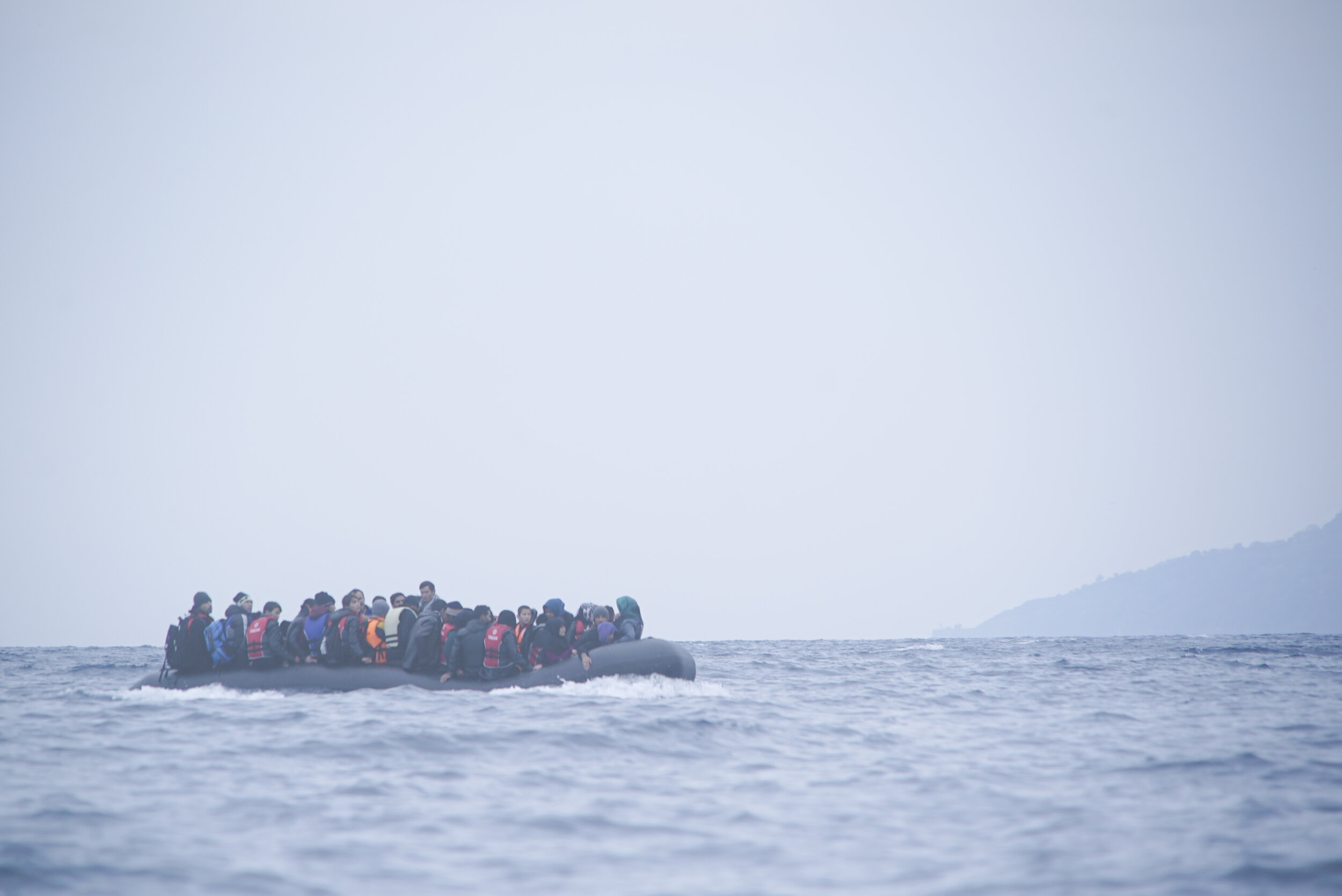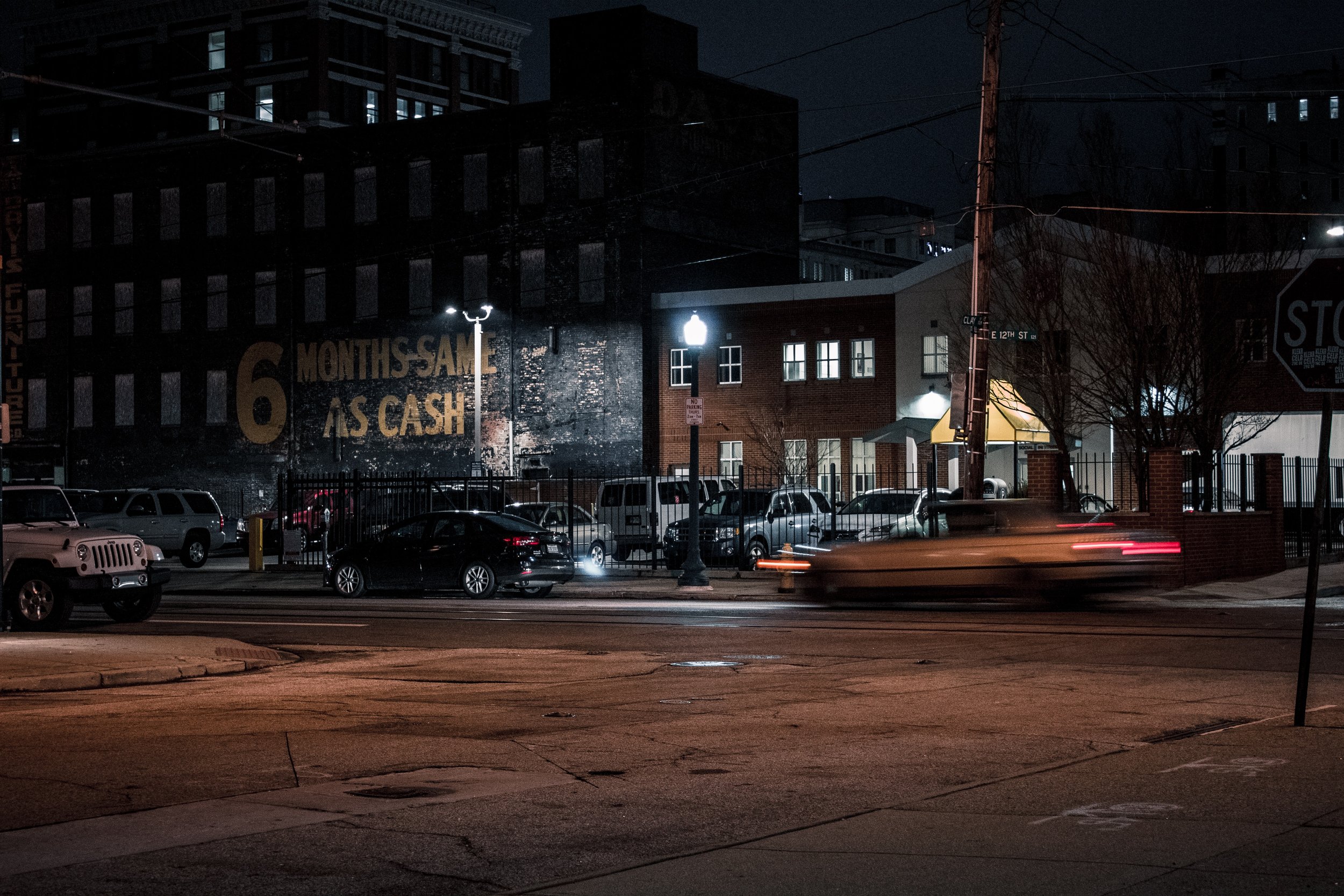We speak with Gerald Epstein about MMT. Gerald Epstein is Professor of Economics and a founding Co-Director of the Political Economy Research Institute (PERI) at the University of Massachusetts, Amherst. Epstein has written articles on numerous topics including financial crisis and regulation, alternative approaches to central banking for employment generation and poverty reduction, economists’ ethics and capital account management and capital flows and the political economy of financial markets and institutions.
A note from Lev:
I am a high school teacher of history and economics at a public high school in NYC, and began the podcast to help demystify economics for teachers. The podcast is now within the top 2% of podcasts worldwide in terms of listeners (per Listen Notes) and individual episodes are frequently listed by The Syllabus (the-syllabus.com) as among the 10 best political economy podcasts of a particular week. The podcast is reaching thousands of listeners each month.
The podcast seeks to provide a substantive alternative to mainstream economics media; to communicate information and ideas that contribute to equitable and peaceful solutions to political and economic issues; and to improve the teaching of high school and university political economy.
Best,
Lev










